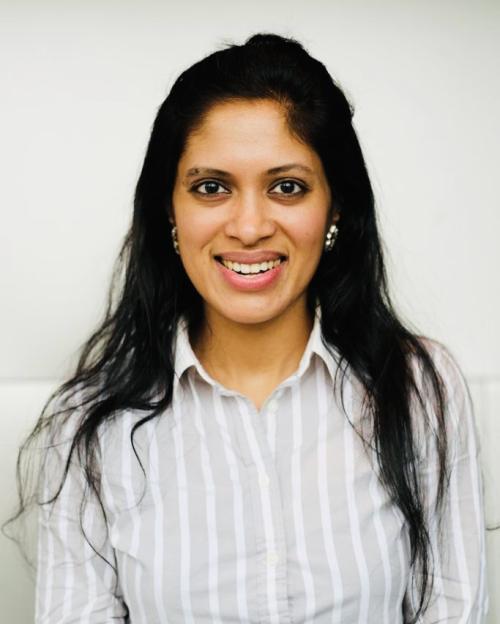Thirty years ago, Cornell physicist Paul Ginsparg founded arXiv, an open-access repository of electronic preprints and postprints. In this Nature Reviews piece, he reflects on what's been learned about preprints since then and what he sees for the future.
"When arXiv was launched, many felt optimistic about the potential of the internet to foster a better-informed citizenry and to level the playing field between the information haves and have-nots," he writes. "But now, those original ideals seem elusive, with political polarization so exacerbated by information echo chambers that there is no longer even agreement about what constitutes objective evidence. With stakes so high, perhaps we in academia can retake the lead we held 30 years ago and restore some of those expectations, by modelling how information can be responsibly and productively shared."
Read the entire Nature Reviews piece here.




